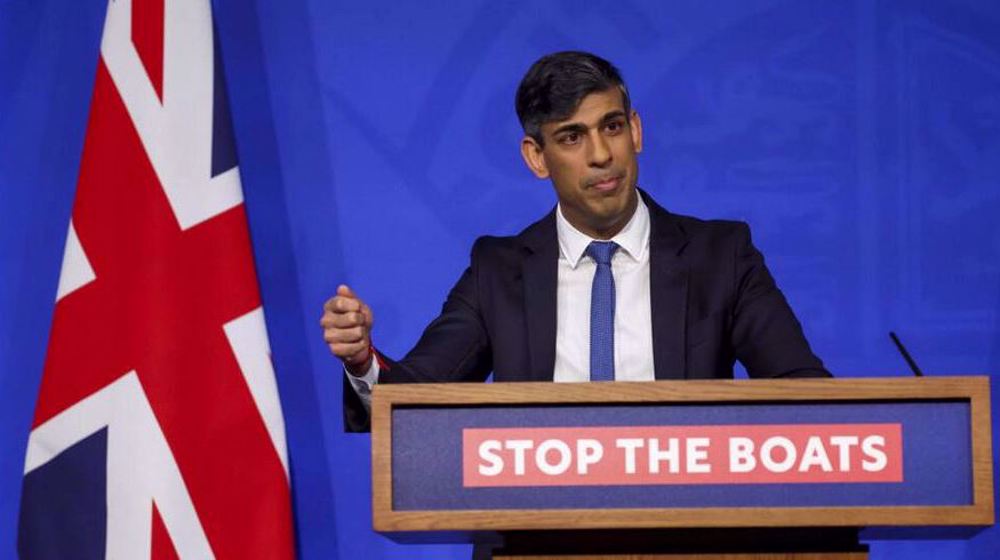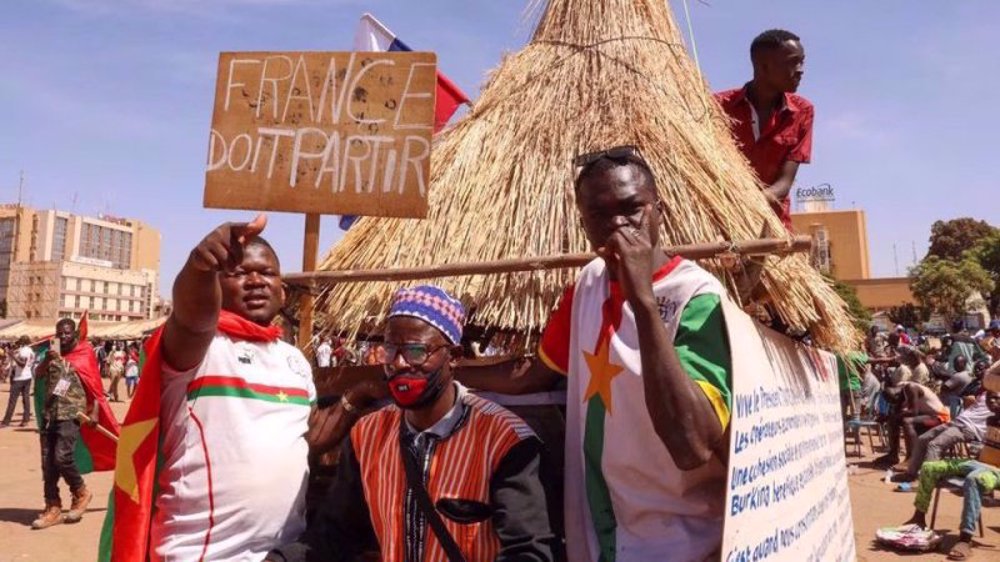DR Congo’s worst Ebola outbreak kills over 200: Officials
The death toll from an Ebola outbreak in the eastern Democratic Republic of the Congo has risen to more than 200, the health ministry said on Saturday.
The ministry said it had recorded 201 deaths from the virus and that 291 cases has been confirmed since the outbreak began in August.
About half of the cases were in Beni, a city of 800,000 people, in the North Kivu region.
The UN's Department of Peacekeeping on Friday called on armed groups active in the region not to hinder efforts to fight the disease.
Teams responsible for responding to the outbreak "have faced threats, physical assaults, repeated destruction of their equipment and kidnapping," Health Minister Oly Ilunga said on Friday. "Two of our colleagues in the Rapid Response Medical Unit have even lost their lives in an attack."
The outbreak is the 10th in the DR Congo since Ebola was first detected there in 1976.
Ebola is a serious infectious disease that can spread rapidly through small amounts of bodily fluid, causing internal bleeding and potentially death.
Since a vaccination program began on August 8, more than 25,000 people have been inoculated, the health ministry said earlier this month.

The current Ebola outbreak in the Democratic Republic of Congo is the most severe in the country's history, the health ministry said late on Friday.
"The current epidemic is the worst in the history of DRC," Jessica Ilunga, a spokeswoman for the ministry told Reuters.
With nearly 300 cases, the epidemic also ranks as the third worst in the history of the continent, following the 2013-2016 outbreak in West Africa, where over 28,000 cases were confirmed and an outbreak in Uganda in 2000 involving 425 cases.
World Health Organization (WHO) Director-General Tedros Adhanom Ghebreyesus said on Thursday that security represented the primary challenge in the current epidemic, followed by community mistrust.
"When there is an attack, the operation actually freezes. So we hold the operation. And when the operation stops, the virus gets advantage and it affects us in two ways," he told reporters in Kinshasa.
"And one is catching up on the backload. Because when operations are stopped, there is always a backload of vaccinations, or contact tracing. And the other, the second problem, is that more cases are generated because we can't vaccinate them," he said.
The confirmation of new cases has accelerated in the last month and an emergency committee of WHO experts said in October that the outbreak was likely to worsen significantly unless the response was stepped up.
(Source: Agencies)
Hamas to survive as Israel fails to destroy command centers, tunnels: US media
April 22: ‘Axis of Resistance’ operations against Israeli occupation
N Korea holds first ever 'nuclear trigger' drills, simulates counterattack
VIDEO | Press TV's news headlines
VIDEO | The Rise of Palestine Action
Pro-Palestinian protests gain momentum across US universities
Israel thirsty for murder, blood: Hamas on Gaza mass graves
VIDEO | Crimes and failures in Gaza














 This makes it easy to access the Press TV website
This makes it easy to access the Press TV website